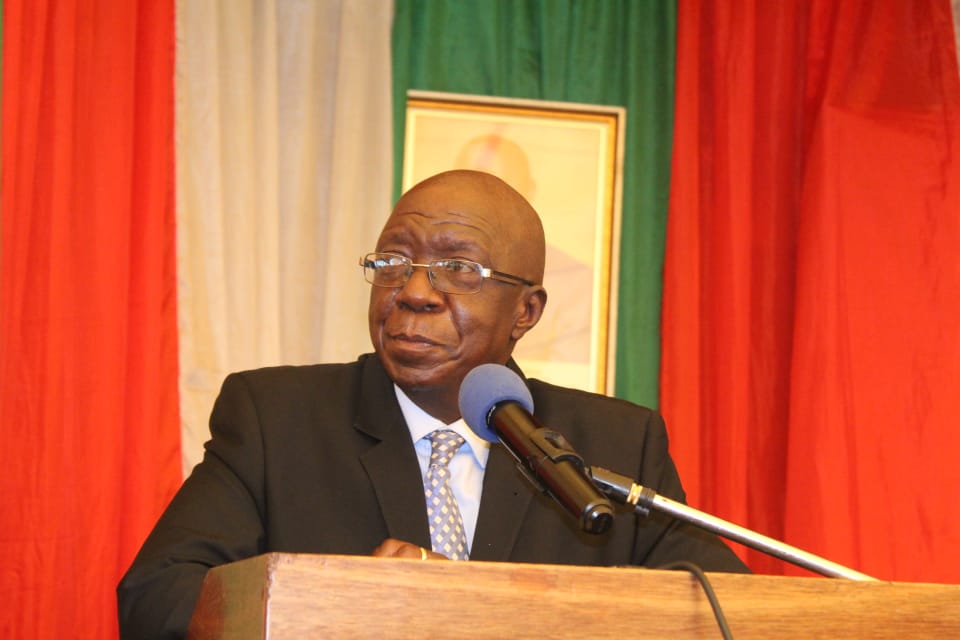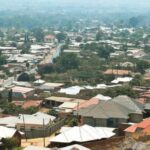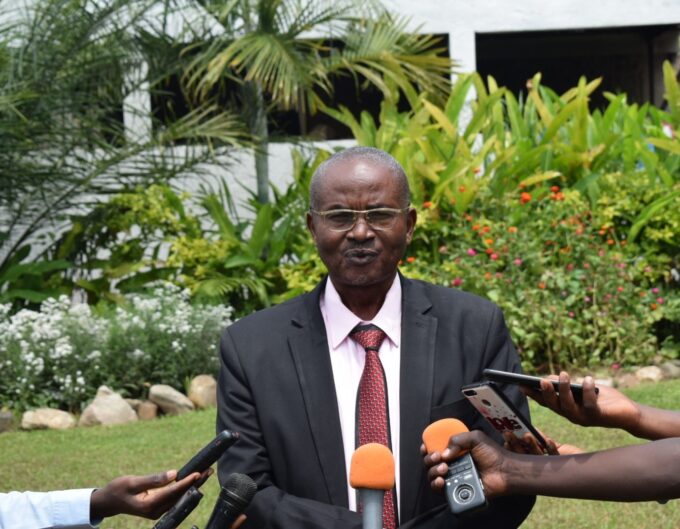The National Council responsible for organizing dialogues between the government and workers’ unions in Burundi (CNDS) announced on Wednesday that it is preparing to facilitate discussions between the government and health sector workers’ unions, which have previously raised concerns about wage increases and requested talks with the health ministry.
Former president Sylvestre Ntibantunganya, head of the council, confirmed that the discussions, based on the national social dialogue charter, are not a new initiative but part of an ongoing process. He noted that health sector unions have previously raised issues, including concerns about the treatment of their members, which have been addressed through dialogue.
“In our work, we follow laws derived from the national social dialogue charter, which establishes the framework for discussions between the government, workers’ unions, and employers. Our role is to ensure that there is constructive communication between these groups,” Ntibantunganya said, according to local broadcaster Bonesha FM. “When an issue arises, we review whether the request aligns with our duties and with how we organize these discussions. For instance, if a group of doctors raises an issue, we sit down, examine the matter, and organize talks, as we have done in the past.”
Burundi’s current economic crisis is taking a toll on the population, with doctors particularly vocal about the need for salary increases. This comes at a time when inflation is driving up costs across the country. Unions representing health workers have called for government action, urging negotiations over better pay in light of the rising cost of living.
The demand for better wages has been supported by the National Federation of Health Sector Unions (FNSS), which has been outspoken about the issue. Earlier this month, FNSS called for the immediate release of five doctors arrested after unsuccessful salary negotiations. Marie Bukuru, deputy leader of FNSS, defended the detained doctors, asserting that demanding higher salaries is a fundamental right.
“Requesting a salary increase is a right enshrined in labor laws,” Bukuru said in a broadcast on Bonesha FM. “Anyone who works for another has always sought better wages when their livelihood becomes unsustainable. This will continue until the end of the world.”
Bukuru emphasized that the arrested doctors had committed no wrongdoing by making salary requests while on duty. “They simply sought better conditions for themselves, which is a normal process,” she said. “Those affected should be released without conditions.”
FNSS urged the Ministry of Health to engage in dialogue rather than punitive measures, advocating for a culture of communication that promotes understanding and peaceful resolution. “FNSS calls on the Minister of Public Health to embrace social dialogue, which is essential for fostering mutual understanding, social cohesion, and peaceful conflict resolution,” the union stated.
The arrests, which occurred between December 2024 and January 2025, followed disputes over wage demands made by both full-time and part-time medical professionals. Burundi’s intelligence services accused the doctors of “undermining state security,” but many observers have linked the arrests to their involvement in salary negotiations.








Leave a comment